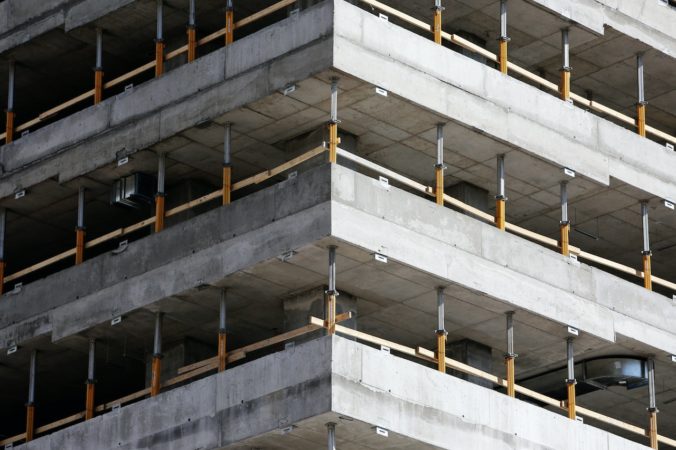Building strong, sturdy structures is key in construction. It keeps people safe and makes the building last longer. However, there could be errors that weaken the structure’s strength. We are going to discuss some important mistakes you need to steer clear of when constructing a solid, durable building.
Insufficient Ground and Soil Investigation
In the construction world, skipping a proper check on the ground and soil is a big mistake. You have to know all about your soil before you start building – what type of soil it has, how hefty stuff can be before it gives in, or if there’s sneaky water hiding beneath.
Without this info, you’re asking for trouble like uneven settling or foundation problems. In the worst cases, your building could collapse. So, do all those necessary tests first to save yourself from headaches later when deciding on foundations and methods that ensure rock-solid constructions.
Using Low-Quality Materials
You might feel like using cheaper materials to save some money, but it is not a good idea. Low-grade materials wear out faster, and that means more fixes later on. This is not exactly the cost-saving you were after in the first place.
Plus, they are less likely to meet all those important standards for strength or durability. Basically, it is just asking for trouble down the line. Always opt for top-notch materials instead, something solid and tested that’ll keep your structure standing tall over time.
Ignoring Local Building Codes and Standards
Building codes and standards are not just red tape. They are the result of years of study aimed at making sure our buildings are safe, efficient, and ready for local weather challenges. If you skip them out, you risk creating a structure that’s not prepared for natural disasters or fire hazards.
So don’t see it as tedious. Talking to your local authorities about these rules is crucial when starting any construction work. Complying with all regulations from start to finish ensures safer builds.
Inadequate Water Management and Drainage
When it comes to buildings, water can be a silent yet ruthless destroyer. If your drainage system doesn’t make the cut and allows water to pool around the foundation, beware! The risk of seepage rises significantly, weakening structural support over time.
Additionally, skimping on waterproof measures is an invitation for moisture troubles, like mold growth, rotten woodwork, and rusted metal parts that you won’t really appreciate in hindsight. So, how do we tackle this? First, install effective systems like gutters or industrial pumps to move any excess rainwater away from your building.
Secondly, put into action ample waterproof precautions, such as using reliable sealants or barriers that help protect against sneaky damp-related damage. This will give your structure longevity.
Conclusion
If you want a strong and lasting structure:
- Do your homework on the ground first.
- Don’t skimp on material quality.
- Follow local building rules.
- Manage that water problem.
Stay sharp with all of this, and you’ll have yourself a safe, durable piece of architecture built for years to come.

